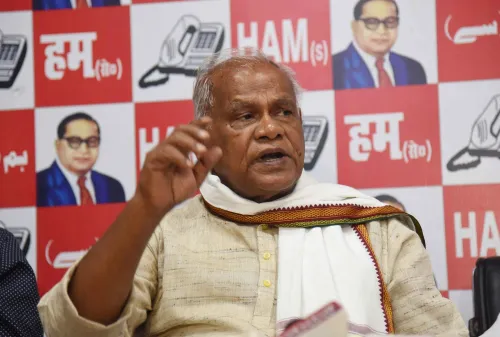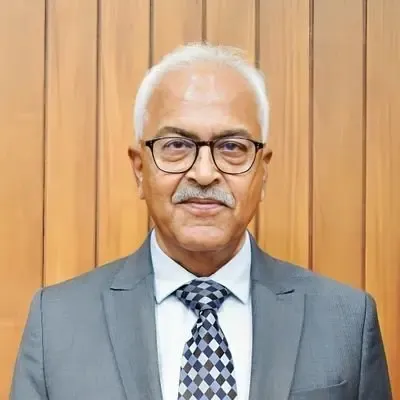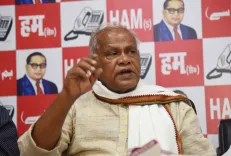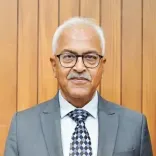Is India About to Become the Third-Largest Economy?
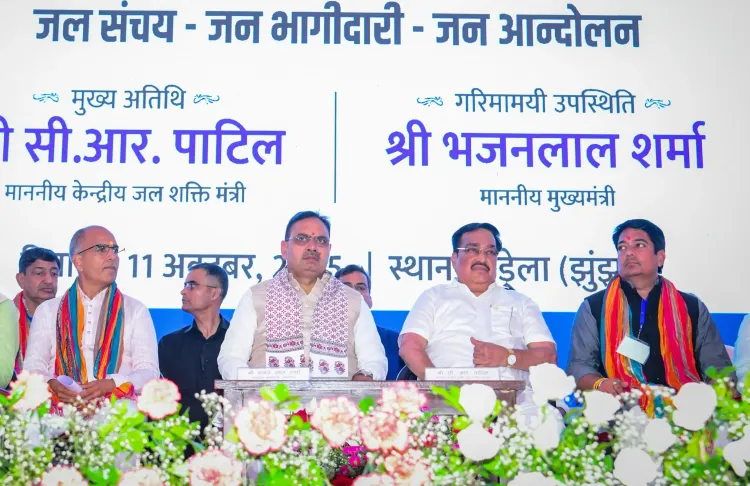
Synopsis
Key Takeaways
- India is on track to become the third-largest economy.
- MNIT plays a pivotal role in technological advancement.
- The state's Startup Policy fosters innovation.
- Over 150 students graduated from MNIT this year.
- MNIT is committed to women's empowerment and diversity.
Jaipur, Oct 11 (NationPress) Rajasthan Chief Minister Bhajan Lal Sharma announced on Saturday that India has risen to become the fourth-largest economy and is on the brink of becoming the third-largest in the near future.
“In the coming two decades, India is set to emerge as one of the top global economic powers. The vitality of our youth, coupled with unparalleled skills and technological prowess, will be instrumental in this evolution. Institutions such as MNIT will be pivotal in this transformation,” he stated.
During the 19th Convocation Ceremony of MNIT Jaipur, the Chief Minister encouraged the youth to uphold this legacy and strive to make India not just a technology consumer, but also a technology creator.
“We need to channel our creativity into laboratories, startups, industries, and educational settings. The future lies in semiconductors, quantum computing, renewable energy, and artificial intelligence. Tomorrow’s leaders will be the scientists, technologists, strategists, and innovators,” he asserted, emphasizing that technology is the gateway to prosperity, security, and respect.
Sharma pointed out that countries excelling in new technologies are the ones that shape the world’s future.
He praised Malaviya National Institute of Technology (MNIT) for enhancing Rajasthan’s stature through innovation, entrepreneurship, and cutting-edge research.
“Today, MNIT stands as a beacon of knowledge, innovation, and national service,” he remarked.
The Chief Minister noted that MNIT’s recognition as the leading NIT in North India according to the NIRF rankings is a source of pride. The institute’s research journey has included 249 consultancy projects valued at over Rs 13 crore.
Sharma commended the agreements signed with the Indian Army’s South Western Command, Redox Engineering, and the Nuclear Fuel Complex (Department of Atomic Energy), referring to them as new milestones for the institution.
This year, over 150 students earned their doctorates, including 30 differently-abled graduates. Additionally, 77 international students were admitted this session.
Emphasizing MNIT’s commitment to women’s empowerment, he highlighted that it maintains the highest student-to-student ratio among all NITs nationwide.
He also announced that MNIT has started uploading degrees to the National Academic Repository’s DigiLocker platform, aligning with the ongoing digital transformation.
Sharma concluded by stating that the state’s Startup Policy has opened new avenues of innovation and entrepreneurship for the youth.

